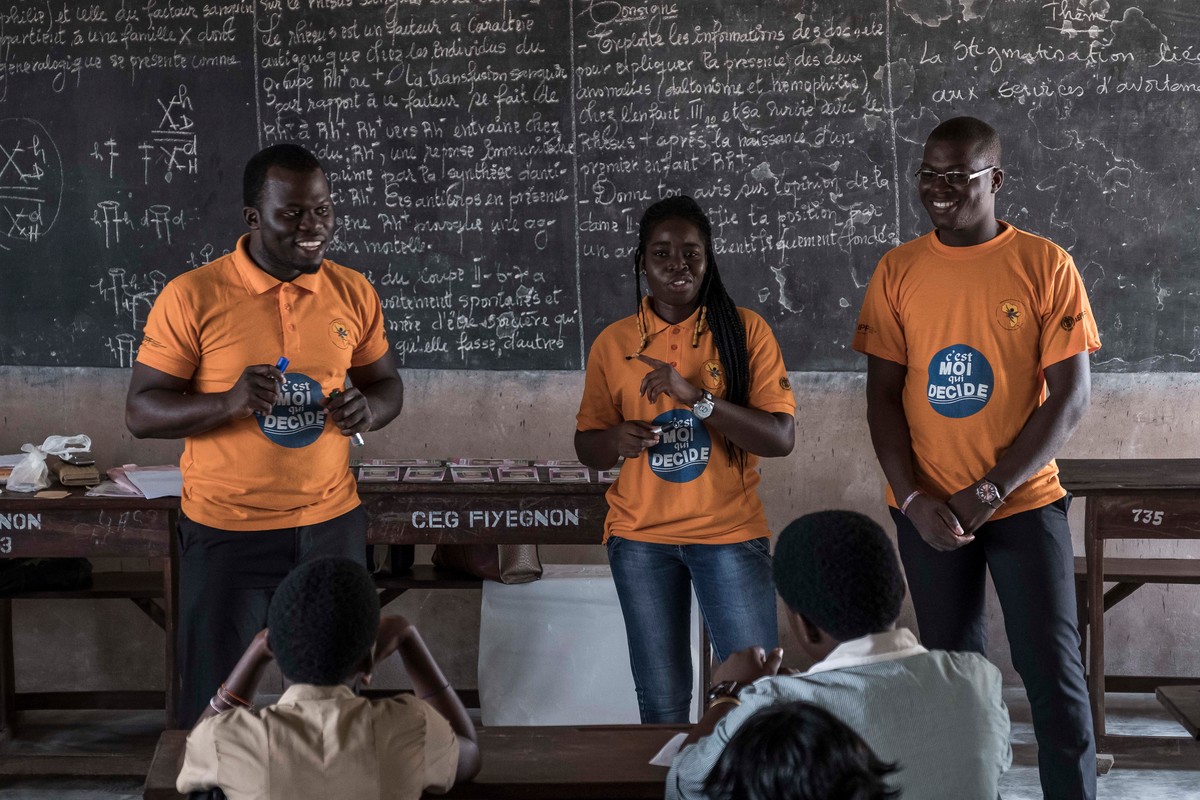Planned Parenthood Association of Sierra Leone
The Planned Parenthood Association of Sierra Leone (PPASL), established in 1959, works on a range of serious sexual and reproductive health (SRH) issues to improve people's health and quality of life. A key focus is to improve access to maternal health care, to reduce the risk of maternal and infant death.
PPASL accesses the community through 5 service points, 12 workplace outreach projects, and 3 youth centres, via a 40-strong permanent staff team, backed by nearly 300 volunteers, 9 community-based distributors (CBDs) and a Youth Action Movement membership of 150.
There is a 90% prevalence of female genital mutilation (FGM) in the country, and finding ways to handle the attendant psychological and physical trauma is one of the organization’s major challenges.
Much of PPASL’s work is directed towards behaviour change communication (BCC) among community leaders, police and army personnel and Muslim and Christian groups. Safe motherhood, family planning, and the sensitisation of young people to SRH concerns are also central to the direct services which PPASL provides.
The Member Association works in partnership with government health and development ministries and the Sierra Leone Armed Forces Hospitals. Non-governmental organization (NGO) partners include the Reproductive Health Service, CHASL, MSSL, National AIDS Secretariat/SHARP and the Marie Stopes Society.
PPASL receives financial support from UNFPA, UNICEF, UNAIDS, the Global Fund for HIV/AIDS, Plan International, MOHS & RH UNIT, Marie Stopes Society, SL Red Cross Society and Action Aid.











